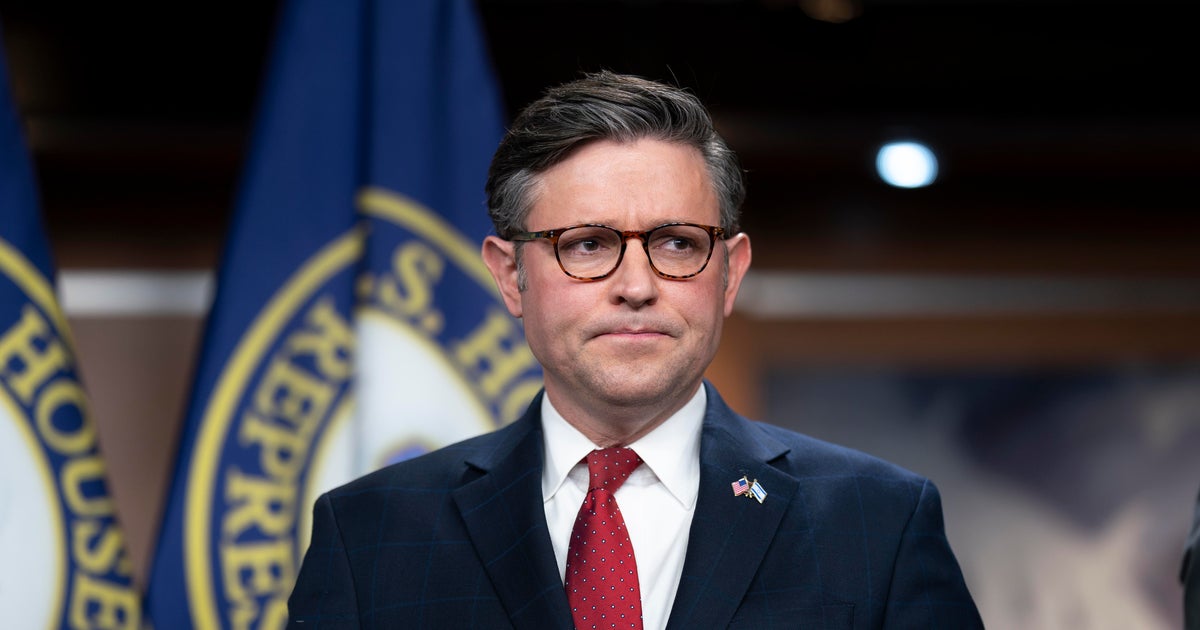A recent announcement by congressional leaders has revealed that a short-term funding bill has been agreed upon to prevent a partial government shutdown. This deal, if passed, would fund the government through March 1 and March 8, effectively averting potential disruptions in federal operations.
Details of the Funding Deal
The proposed continuing resolution, revealed in statements from House Speaker Mike Johnson, Senate Majority Leader Chuck Schumer, and House Minority Leader Hakeem Jeffries, seeks to extend government funding beyond the existing deadlines. The current funding deal, which came into effect in November, funds certain federal departments through Jan. 19 and others through Feb. 2. The resolution maintains funding at the fiscal year 2023 level and is devoid of partisan policy changes, aiming to facilitate the appropriations process and prevent a disruptive partial
government shutdown.
Senate's Commitment to Passing the Resolution
In a statement, Schumer expressed the Senate’s readiness to initiate the process of passing the continuing resolution upon reconvening, emphasizing the necessity for bipartisan cooperation to avert a shutdown and ensure the swift passage of the bill before the impending funding
deadline.
Implications of Approved Funding
If the continuing resolution is passed, it would mark the third short-term spending deal reached by Congress since September, highlighting the ongoing challenges in budget negotiations between Democrats and Republicans. The agreement sets overall government spending at $1.66 trillion for fiscal year 2024, with specific allocations of $886 billion for defense spending and $772 billion for non-defense spending.
Challenges and Negotiations
Undoubtedly, negotiations have been contentious, with significant disparities between the parties’ budget priorities. Republicans have advocated for substantial spending cuts, intensifying the complexity of reaching mutually agreeable funding arrangements. Senate Majority Leader Chuck Schumer’s decision to advance his measure on a short-term spending deal underscores the contrasting perspectives within Congress on budgetary issues.
Addressing Extremist Views and the Threat of Shutdown
Schumer highlighted the concerning stance of certain lawmakers who perceive a
government shutdown as beneficial, asserting that such individuals seek to enforce their extremist views on Congress and the nation. This sentiment underscores the existing division and potential disruptions posed by ideological conflicts within the legislative framework.
Conclusion
The recent agreement on a short-term funding bill represents a pivotal development in mitigating the risk of a government shutdown and ensuring uninterrupted federal operations. While challenges persist in reconciling divergent budget priorities, the commitment to avoiding disruptive partial government shutdowns underscores the imperative of bipartisan cooperation and fiscal prudence in advancing the nation’s financial stability.


